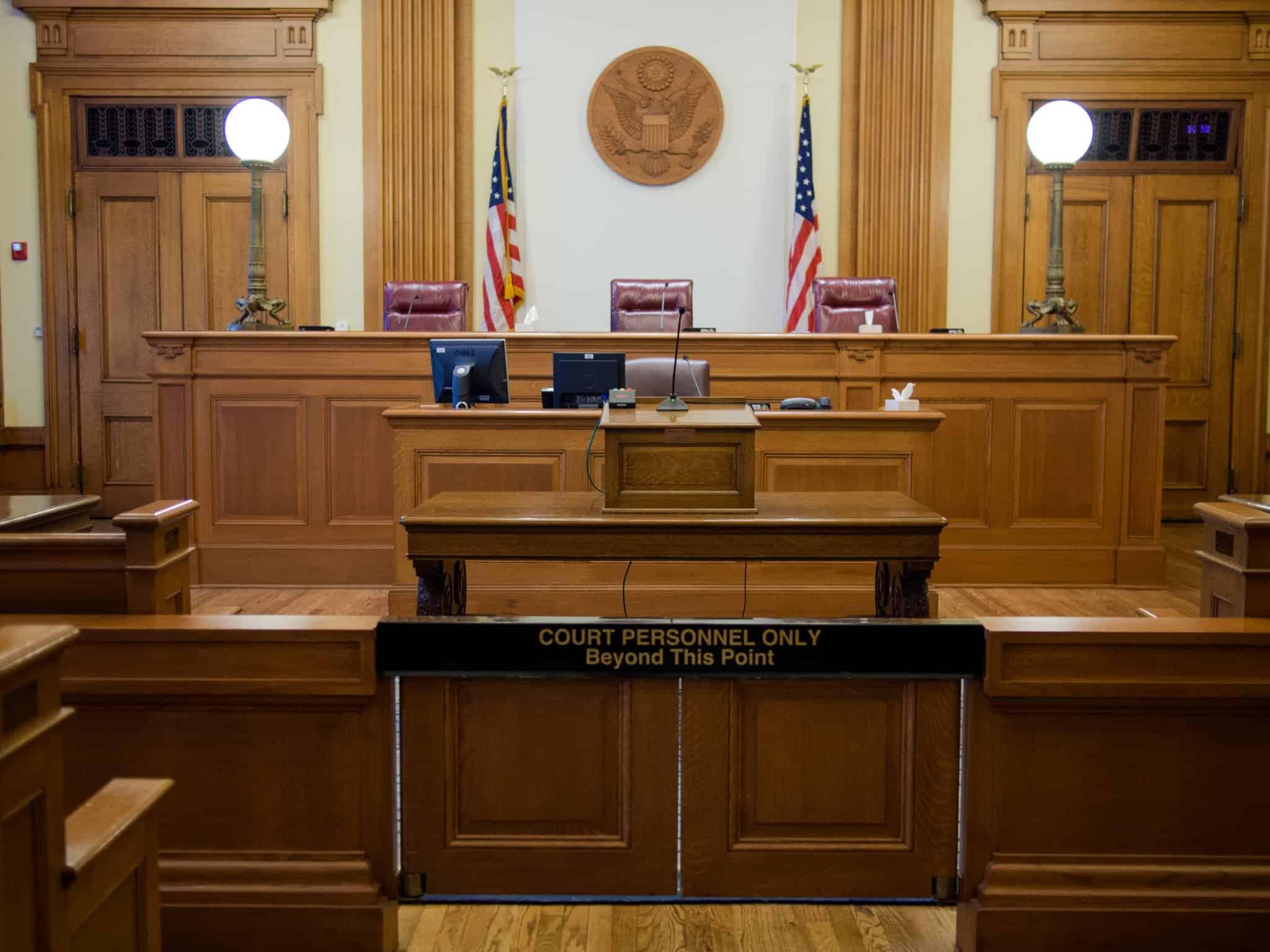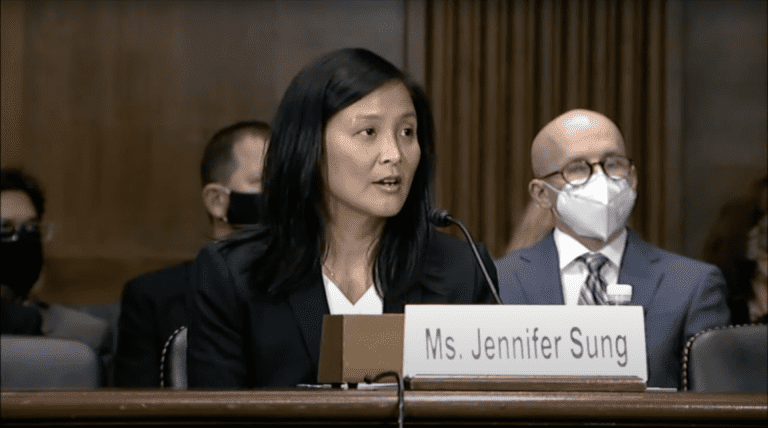Jason Salgado is a student at Harvard Law School and a member of the Labor and Employment Lab.
COVID-19 has laid bare the consequences of years of noncompliance with and underenforcement of employment laws. Misclassified workers have been denied paid sick time and leave to which they are entitled under a number of states’ laws. Because gig-companies have refused to pay taxes and provide wage information to unemployment insurance (UI) agencies, workers entitled to those benefits have been left to wait more than a month for implementation of curtailed federal benefits. Workers have faced retaliation for staging strikes and walkouts to secure sufficient protective equipment in the midst of OSHA’s failure to respond to thousands of complaints.
Even before COVID-19, states did not have sufficient resources to effectively enforce their laws, costing them billions in unpaid tax revenues each year. Meanwhile, the pervasive use of forced arbitration and class-action waivers has hampered private enforcement efforts. The result of this enforcement gap is that, as a California judge recently put it, “rather than comply with a clear legal obligation,” companies can “thumb[] their noses” at legislatures and enforcement agencies, including by making the now “frivolous” argument that gig-workers are not employees entitled to workplace protections.
With the federal Department of Labor intent on restricting eligibility for federal relief measures and unprecedented strain on their own resources, states should quickly enact expanded versions of California’s Private Attorneys General Act (PAGA) to provide workers the means to effectively vindicate their rights under more protective state laws. As Professor Charlotte Garden previously explained, California’s PAGA statute allows the state to deputize individual workers to bring lawsuits pursuing civil penalties for violations of the California Labor Code. A PAGA plaintiff must first provide notice of the alleged violation to the state’s Labor and Workforce Development Agency, which can decide to conduct its own investigation. If it declines to do so or fails to respond within 60 days, the PAGA plaintiff can proceed with the lawsuit. Just as the state can pursue penalties for an employer’s legal violations against multiple employees, so can PAGA plaintiffs. Currently, workers receive 25 percent of recovered PAGA penalties, while the remainder goes to the state, amounting to approximately $88 million last year alone.
In addition to bolstering public enforcement resources, the PAGA has also proven uniquely resilient as a means around forced arbitration, even in the face of the U.S. Supreme Court’s broad reading of the Federal Arbitration Act’s preemptive force. That is because, as the California Supreme Court explained in Iskanian, a PAGA lawsuit is a type of qui tam action in which the state remains the real party in interest. Though Iskanian only decided that the wholesale waiver of the right to bring a PAGA claim was unenforceable — leaving open the question of whether a PAGA lawsuit could be forced into arbitration — a growing body of caselaw in California’s state appellate courts suggests PAGA claims cannot be compelled to arbitration at all without the state’s permission. That view is consistent with the U.S. Supreme Court’s decision in EEOC v. Waffle House, which held that the EEOC could pursue relief on behalf of an employee bound by an arbitration agreement because, as a nonparty to the arbitration agreement, it was not bound by the parties’ “choice” of an arbitral forum. Similarly, as the real party in interest in a PAGA suit, the state cannot be bound by a private arbitration “agreement” — regardless of how it chooses to exercise its enforcement authority.
Pending PAGA bills in New York, Massachusetts, Washington, Maine, and Vermont, along with PAGA litigation in California, show how states can build on California’s statute to meet the urgency of this crisis and secure ongoing compliance with their laws.
Expand Standing to Bring PAGA Suits
California’s PAGA statute allows an “aggrieved employee” to act as PAGA plaintiff. As the California Supreme Court noted in Iskanian, however, nothing required the state to limit standing to bring a PAGA suit in this way. To that end, all five states with pending PAGA legislation would also allow “representative organizations” like nonprofits and unions to act as PAGA plaintiffs. Given that each of the proposed statutes would also allow for recovery of attorneys’ fees, such provisions would provide well-positioned groups like the New York Taxi Workers’ Alliance and Rideshare Drivers United — which are already organizing and mobilizing underrepresented workers — a sustainable mechanism to help workers vindicate their legal rights and ensure effective enforcement of state employment laws.
Expand the Relief PAGA Plaintiffs Can Seek
Last year, the California Supreme Court significantly limited potential recovery in PAGA suits, holding that a California Labor Code provision which allowed the state to seek unpaid wages on behalf of individual workers did not constitute the kind of “civil penalty” PAGA plaintiffs are authorized to recover. Instead, PAGA plaintiffs suing under that provision are limited to seeking its statutorily defined penalties. To ensure PAGA suits effectively deter employer wrongdoing and provide sufficient recovery for workers, states should increase the value of penalties assessed for employer violations of their laws and distribute a greater percentage of recovered penalties to workers. For example, New York’s proposed bill would establish statutory penalties of $500 per violation per pay period and allocate workers 40 percent of recovered penalties.
In addition to enhanced monetary penalties, strengthened PAGA laws should also allow plaintiffs to seek the same injunctive and equitable relief states can pursue when using their own enforcement resources, as each pending PAGA bill proposes. Such provisions would provide workers a much-needed mechanism to force companies to comply with the laws they brazenly evade, including the employment-status laws on which many workplace protections turn. Last month, for instance, Uber and Lyft drivers sought emergency injunctions in Massachusetts, urging the courts to force the companies to properly classify them as employees and comply with the state’s paid sick leave laws as the threat of COVID-19 worsened. Had the drivers been able to pursue injunctive relief in the form of a PAGA suit, their claims may not have been delayed in litigation over the companies’ forced arbitration clauses.
Extend PAGA to Cover Additional Laws
While California’s PAGA law applies only to violations of state Labor Code provisions which already provide for civil penalties, nothing would prevent a state from broadening its own PAGA law to penalize additional legal violations. Washington and Maine’s pending PAGA bills, for instance, would allow PAGA plaintiffs to pursue penalties for violations of state anti-discrimination laws.
States should go further still and allow PAGA plaintiffs to recover existing or newly created statutory penalties for violations of a wider range of laws. For instance, California’s Unemployment Insurance Code already provides for significant statutory penalties — including a nonexclusive fine of up to 100 percent of unpaid UI contributions — for violations of its UI law. If California and other states allowed PAGA plaintiffs to pursue such penalties, workers could hold gig-companies which have refused to comply with their obligations under UI laws accountable and deter future violations. Combined with the ability to pursue injunctive relief and the availability of attorneys’ fees, these strengthened PAGA laws could help states close the enforcement gap and ensure workers can access essential employment protections and benefits on an ongoing basis.










Daily News & Commentary
Start your day with our roundup of the latest labor developments. See all
July 11
Regional director orders election without Board quorum; 9th Circuit pauses injunction on Executive Order; Driverless car legislation in Massachusetts
July 10
Wisconsin Supreme Court holds UW Health nurses are not covered by Wisconsin’s Labor Peace Act; a district judge denies the request to stay an injunction pending appeal; the NFLPA appeals an arbitration decision.
July 9
the Supreme Court allows Trump to proceed with mass firings; Secretary of Agriculture suggests Medicaid recipients replace deported migrant farmworkers; DHS ends TPS for Nicaragua and Honduras
July 8
In today’s news and commentary, Apple wins at the Fifth Circuit against the NLRB, Florida enacts a noncompete-friendly law, and complications with the No Tax on Tips in the Big Beautiful Bill. Apple won an appeal overturning a National Labor Relations Board (NLRB) decision that the company violated labor law by coercively questioning an employee […]
July 7
LA economy deals with fallout from ICE raids; a new appeal challenges the NCAA antitrust settlement; and the EPA places dissenting employees on leave.
July 6
Municipal workers in Philadelphia continue to strike; Zohran Mamdani collects union endorsements; UFCW grocery workers in California and Colorado reach tentative agreements.